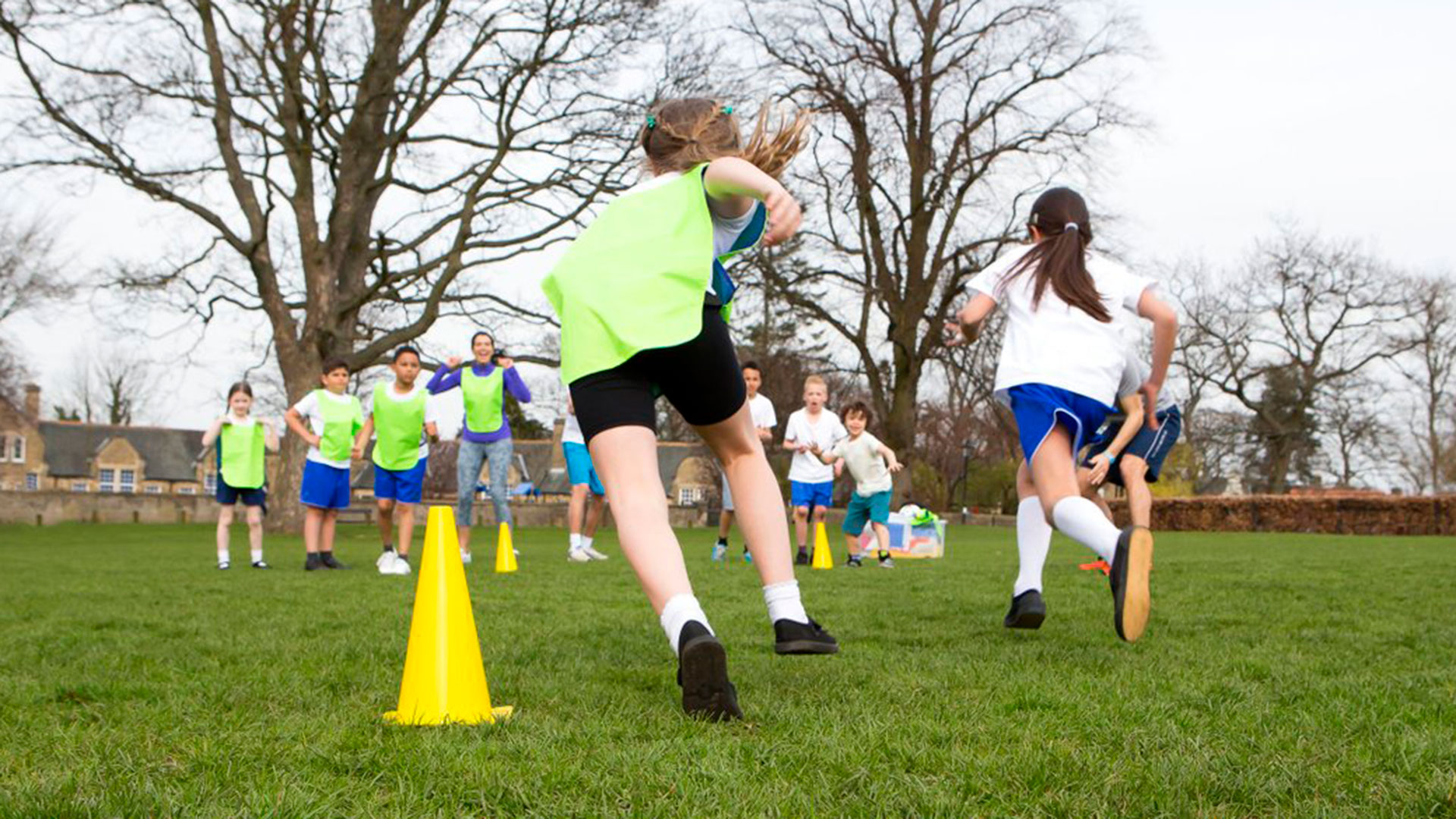Looking for ways to improve pupils academic performance while also offering vital social and emotional development time? Recent research released by the Nuffield Foundation in conjunction with NatCen Social Research Institute, Newcastle University and ASK Research may well be the answer you’re looking for.
The study set out to access how the impact that participation in ‘out-of-school activities’ varies for children from different backgrounds and how this relates to outcomes at age 11. The study of 6,400 children in England found that those who took part in organised sports and physical activities at the ages of five, seven and 11 were almost one and a half times more likely to reach a higher than expected level in their Key Stage 2 maths test at the age of 11.
Lead investigator Dr Emily Tanner, of NatCen, said: “Results showed that sports clubs were positively associated with attainment outcomes at age 11, even when accounting for prior attainment at age seven.
“For children from economically disadvantaged backgrounds, who have lower take up of formal out-of-school activities, school-based clubs appear to offer an affordable and inclusive means of supporting academic attainment.”
Those who attended after-school club one day per week had, on average, a 1.7 point higher actual Key Stage 2 score than predicted based on their prior attainment and circumstances, while those who attended after-school clubs two days per week had on average a 3 point higher actual total point score than predicted.
Dr Emily Tanner also noted: “The recent Budget announcement to direct money raised by the tax on sugary drinks towards funding sport and out-of-school activities suggests policymakers are recognising the wide-ranging benefits of these activities.
“After-school clubs, based on school premises, seem to be an easy vehicle for policymakers and educators to ensure that children have access to both the core curriculum and wider enriching activities.”
Following the reports announcement, a spokesman the Department for Education reiterated their recent announcements for funding, stating: “The Pupil Premium allows schools to offer wide-ranging support, including out-of-school clubs, to the most disadvantaged pupils, and is closing the attainment gap at both primary and secondary level.
“Furthermore, with a sugar tax we will double the funding for the primary PE and sport premium to help all children enjoy the benefits of an active lifestyle.”
The research not only highlighted the academic boost, but also found that poorer children who attended out-of-school clubs developed better social, emotional and behavioural skills than those (also from similar social circumstances) who did not attend.
These results also indicate that out-of-school club help bridge the gap between rich and poor, as children from disadvantaged homes participated to the same extent as those from affluent ones, meaning that children of all walks of life are starting to enjoy the benefits.
To ensure your schools maximises its Pupil Premium, holding sessions outside of normal school hours is essential. It isn’t just about running a football club for the full school year though, offer different sports every term, by doing it this way you’re encouraging more pupils to engage in the activities and therefore spreading the benefits to a wider range of pupils.
Working in partnership with a school in Hull we’ve already done just that. Listening to feedback from their Head Teacher we were able to create a tailor made morning fitness programme that offers pupils from all key stages the chance to join us two mornings a week before school for a warm up and exercise session designed to help engage their brains and prepare them for the school day.
It’s early days at the moment, but already we’ve received great feedback from the pupils and staff involved and hope to see benefits continue to show themselves for the children and school very soon.



